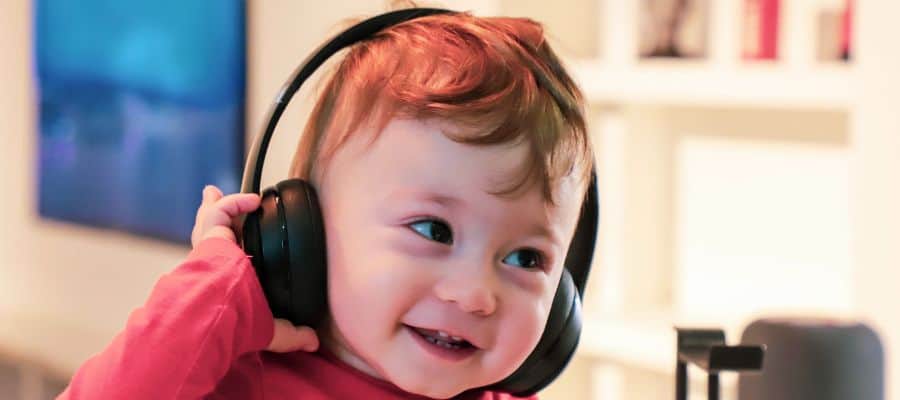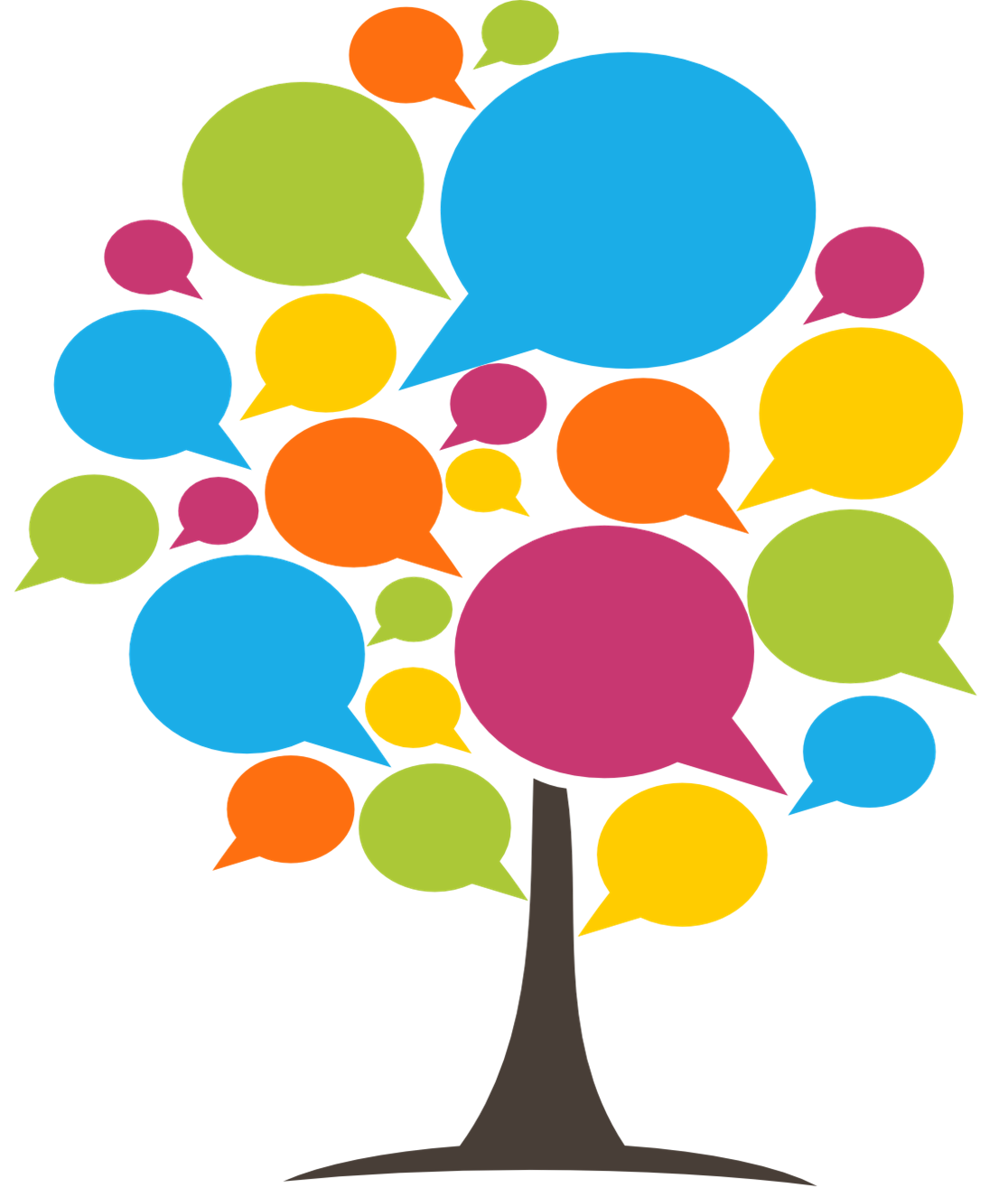Course Type: Video – 1 1/2 hours
ASHA Course Code: Developmental Language Disorders – 3010
There is so much overlap between auditory processing disorders and language disorders that they are often confused with each other. Some tests address one or the other, and some tests address both. Join us for a discussion about auditory processing and language processing. We’ll talk about differential diagnosis as well as what interventions are appropriate for people with each of these disorders.
Level, Authors, and Disclosures

FINANCIAL: Dr. Jay R. Lucker, Ed.D., CCC-A/SLP, FAAA is receiving an honorarium from Bilinguistics for this presentation.
NON-FINANCIAL DISCLOSURE: Dr. Lucker does not have any non-financial relationships to disclose.
Read More
Professionals may evaluate children having communication and learning problems to identify whether these children have auditory processing disorders (APD) or have language processing problems. They may use their typical tests thinking that they are testing both areas or use tests having “auditory processing” within the name of the test. Yet, many of these tests actually evaluate only one small area of auditory processing while all the other measures look at language processing factors. Other professionals may use their standard test battery which focuses on only one of these two factors, but conclude that the child failing the tests has both auditory processing and language processing disorders. One problem identified in this presentation is that Speech-Language Pathologists often do not really understand auditory processing while audiologists often do not understand language issues.
This presentation will present a clear discussion and examples of what are any similarities and, mostly, what are differences between auditory processing and language knowledge and processing. This discussion will help participants understand what are specific problems seen on various measures used by professionals that indicate the child has a specific language disorder versus a specific auditory processing disorder or both problems. Additionally, the various types of auditory processes will be discussed with examples of tests that measure each specific type. This presentation will also discuss some of the interventions that are needed to help children with specific language and/or auditory processing disorders. A special focus will include a discussion of how one can differentiate between auditory processing problems which are due to specific APD versus second language learning factors.
Participants will be able to:
- Explain differences between auditory processing and language processing disorder.
- Identify different areas of auditory processing and its disorders
- Explain how auditory processing disorders can affect language and communication and vice versa
- Describe some treatments that can be used to help children with auditory processing disorders and those with language disorders
Time-Ordered Agenda:
05 minutes Introductions and disclosures
05 minutes Description of language and language disorders leading into the next factor
10 minutes Description of auditory processing and its individual disorders (APDs)
05 minutes Explaining how various APDs can affect language abilities and vice versa
05 minutes Overview of how language knowledge and processing can be assessed
10 minutes Overview of how auditory processing can be assessed contrasted with language and language processing
10 minutes Overview of therapies used for language and language processing disorders
15 minutes Overview of therapies used for various auditory processing disorders
10 minutes Conclusions and closing
15 minutes Moderated Question and Answer session


